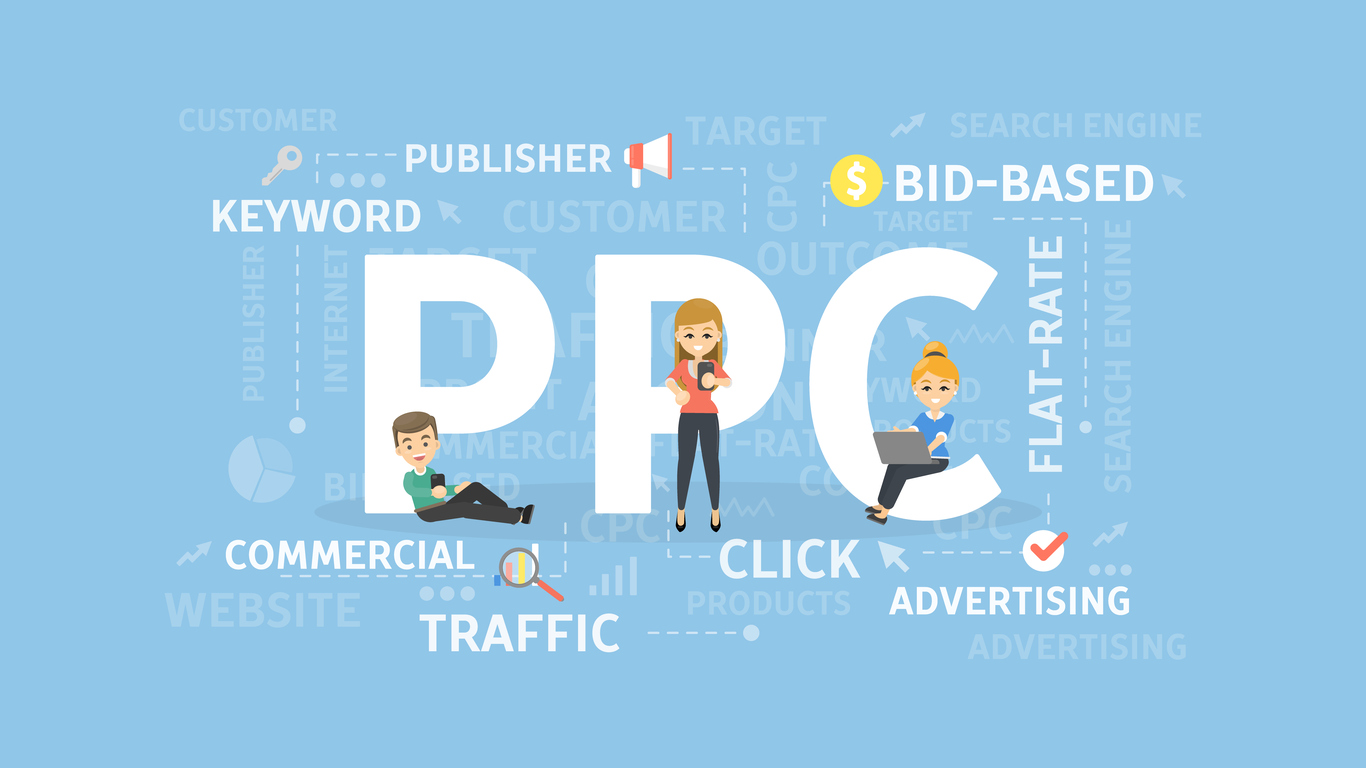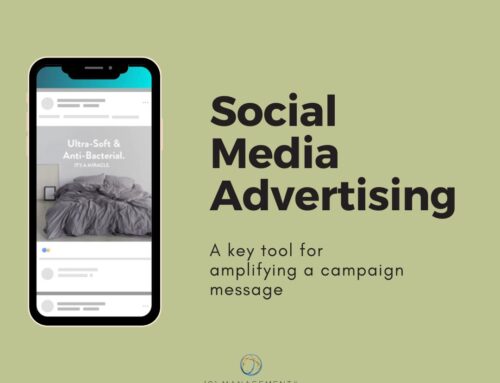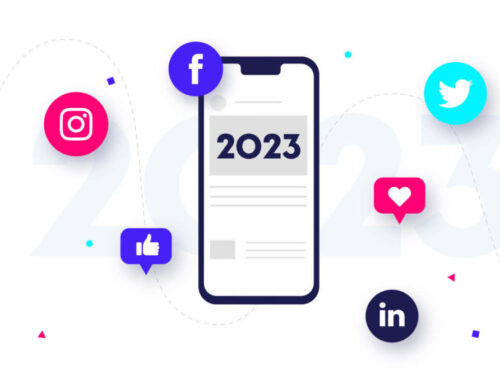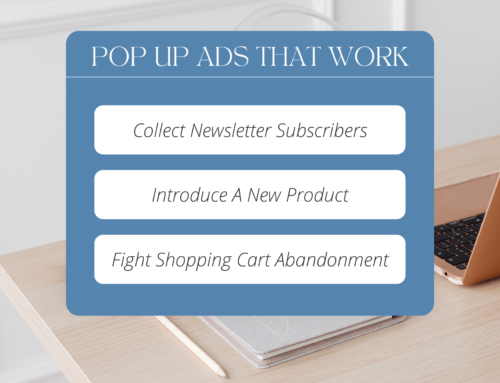Having a successful online business entails much more than just putting up a website and waiting for people to show up. One of the things 101 Management Inc., can help your business do is to get the most out of your pay-per-click (PPC) advertising.
As you may know, this form of advertising is a useful marketing tool that can help drive high-quality traffic to your site. But to maximize your returns on PPC, you should know how to make the most of your PPC advertising.
What is PPC?
In its simplest form, you buy an ad on Google AdWords, and it pops up on Google’s results page when people search for your type of business.
Example: You have a business that sells children’s clothing. When someone searches Google for “girls dresses,” your ad appears in one of the first search results on the first page. This means people looking for “girls dresses” will see your ad and find your business regardless of your search engine optimization (SEO) ranking.
How it Works
In order to obtain that ad, you must bid for it at auction. That is, you tell Google AdWords how much you’re willing to pay each time a visitor clicks on your ad. Google then uses a complicated algorithm to determine the relevance of your particular ad to what the user searched for. If no one clicks on your ad, you don’t pay anything. Pay-per-click is also known as “keyword advertising,” because the ads are based on certain keywords that you specify.
PPC sounds easy at first, but to achieve a worthwhile return on your investment (ROI), you need to spend time creating and then analyzing your PPC campaign. It can also be expensive and frustrating, especially if you lack the expertise to capitalize on your campaign.
For instance, if you select the wrong keyword, you won’t get many clicks to your website. If many people click through to you but don’t find what they’re looking for, they’ll leave without making a purchase. It’s as if you had a brick-and-mortar storefront and were paying people to walk through the door. If they walk out without buying anything, you’ve wasted the money you used to “bribe” them to come in. (This is known as conversion rate optimization (CRO), which we discussed here last month.)
How to ensure your ROI on PPC is as high as possible.
Plan your campaign
As with everything else involved in your business, you need to plan your PPC strategy carefully. Before you spend a dime, you need to know: how much you’re willing to invest; who you want to click on your ads; what you consider an acceptable click-through rate; and, what adjustments to make if you’re not getting the results you want.
Choose the right keywords
One of the biggest mistakes people make with PPC is using too broad a keyword. You need to narrow down your keywords to ensure that people who click through to your site are the types of visitors you’re after. In our example above, you wouldn’t select “clothing” as a keyword, because those searching for women’s or men’s clothing might click on your ad, get to your site, and leave when they see you sell only children’s clothing.
Test your site
Assuming you get the click-throughs you’re hoping for, you have to ensure visitors find what they’re after when they land on your site. So you need to be sure your landing page loads quickly, and that it relates to the keyword. For example, if they’re searching for girls’ dresses, send them directly to that page, rather than to your home page. You also need to make sure the call-to-action button is easy to find, which you can do by performing A/B testing.
Analyze the results
To know if the money you’re spending is worth your investment, you need to link your Google Adwords to Google Analytics. You’ll be able to see which of your ads is converting visitors. This will allow you to see exactly how participating in a PPC campaign impacted your bottom line, and to analyze your ROI.
There are even more strategies you can use to maximize your PPC investment. If you’re feeling overwhelmed by all the elements involved in successful PPC, let us help you. Our marketing experts are constantly researching developments in this area, and can help you plan and fine-tune your PPC campaign.










Leave A Comment